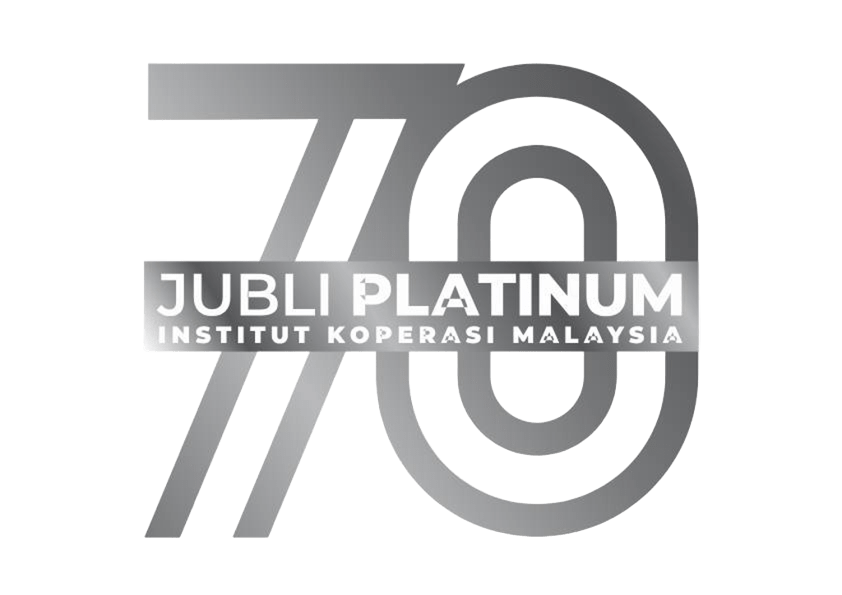Dr.M.Karthikeyan*
Associate Professor, Department of Cooperatives, Institute of Cooperatives & Development Studies, Ambo University, Ethiopia.
Ato Mekonnen Tolessa Edossa
Promotion Expert, Oromia Regional Cooperative Agency, Ethiopia
Cooperative societies employ a variety of governance control mechanism choices (GCMCs) those are the outcomes of control mechanisms which leads to good governance to protect themselves against various hazards of changes and reduce conflicts amongst the stakeholders pursuing the maximization of their welfare. In this study an attempt was made to measure control mechanisms for good governance in selected multipurpose cooperative societies affiliated to Robi Barga Farmers’ Cooperative Union. This paper therefore, aims at exploring governance practices, assessing the relationship between internal and external control mechanisms and analyzing variables influencing GCMCs. To address these objectives, 150 respondents from 15 cooperative societies of two Districts were selected and collected primary data by administering semi structured interview schedule. The collected data were analyzed using SPSS (version 20) and simple statistics such as; frequency and percentages to describe the result, correlation were used to determine the degree to which the variables were interrelated. In addition, Multinomial logistic regression model was employed to determine factors that influence GCMCs. The findings show that poor application of good governance mechanisms, insufficient stakeholders’ participation in governing cooperatives, inefficient committee members and lack of autonomy and independence were found to be the reasons for committee turnover which led to absence of good governance and resulted to increase in the rate of state intervention. The correlation analysis result shows that internal and external control mechanism have significant relationship and it implies the extent to which the external control system influences the activities of cooperatives positively. Finally, the multinomial logistic regression model results show that, GCMCs were influenced by business factors, constitutional factors and management factors. All gaps found would be addressed through collaboration of members, cooperative stakeholders, government and cooperative societies to bring ethical and good governance for sustainable development of cooperatives






 Public
Public